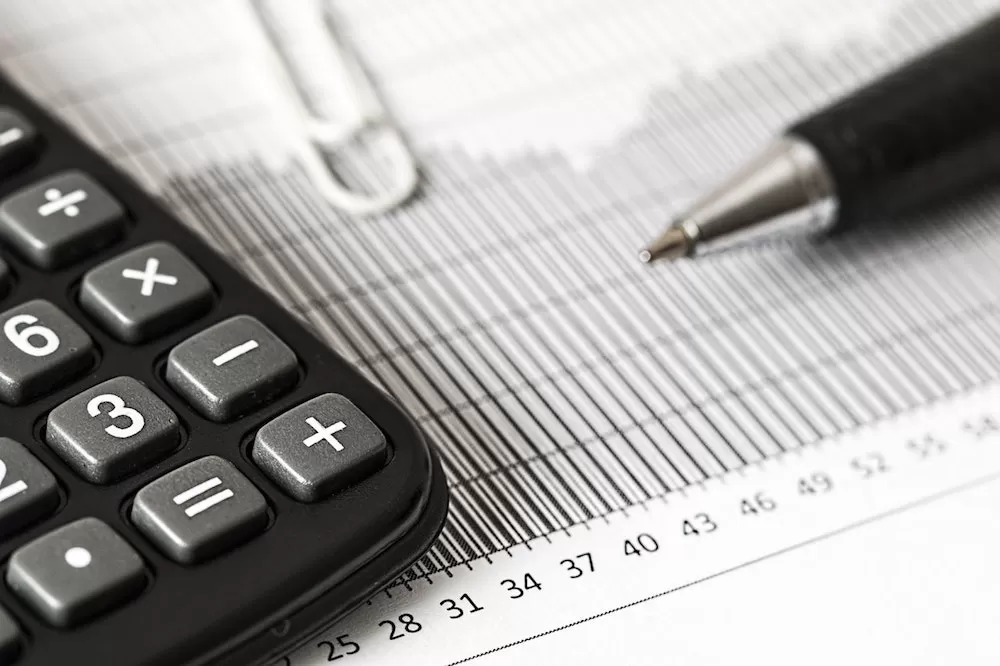
When you've become a citizen or resident of France you're automatically obliged to pay taxes here. And the first thing you should know is when to pay them. For the most part, most taxes are due every month, often at the end, you can set up your bank account to pay them automatically for less hassle. But when it comes to doing your yearly annual tax return, it often happens in late spring or early summer. It doesn't necessarily have a specific date nor month, but in recent years, the deadline took place within the months of April, May, June, and July.
You were probably able to move to France because of work, didn't you? It's perhaps one of the most common ways to immigrate to France. But now that you're working in the country, you'll also have to pay income taxes here. That is if your annual salary is €10,064 and above. If you earn less than this specific amount, you're not obliged to contribute. But if you are, at least the government as come up with the Pay As You Earn (PAYE) system to make it easier for you. In a nutshell, your income tax is automatically deducted from your total salary when your employer pays you at the end of every month.

The moment you become a legal resident of France, you'll not only receive your residence card but also your Social Security number. This, in turn, required you to par your Social Security taxes in order to keep the French welfare system and national healthcare system intact. If you're an employee at a French company, you'll only need to contribute 20% of your income to this obligation. Normally, your employer would already deduct this amount from your paycheck every month, similarly to the PAYE system for the income tax. Meanwhile, if you're a business owner or self-employed, your contribution is 40% of all your earnings.
As already mentioned, your Social Security contribution is what helps pay for your access to the public healthcare system of France. Since the country operates on a universal system of law in regards to healthcare, you will be required to get public coverage, But this can only get you as much. If you can, it's better to get private insurance as well. Doing so gets you to access to more health benefits, the finest hospitals in the country, and advanced treatment on certain health issues. For emergency services, on the other hand, they come free for all citizens, residents, and even visitors in France.

Owning or renting a property in France makes you obliged to pay property taxes to the French government. And there are two parts of it that you need to know: the taxe d’habitation and the taxe fonciere. The former, taxe d’habitation, is when you're renting out a space to live in France. It's also commonly regarded as the resident tax and the amount depends on the commune in your area. As for the latter, taxe fonciere, this is for when you buy and own property in France, whether you use it for yourself you have it rented out.
Staying within the topic of property, if you do use it for business or you sell it to earn money, you will be required to pay the Capital Gains tax—impôt sur les plus values. But it doesn't just apply to physical properties neither. Investments on shares and the like make you obliged to pay the capital gains tax. As of 2018, the rate for savings and income is fixed to 30%, a combination of income tax at 12.8% and social charges of 17.2%. For the property aspect of this tax, that rate stands fixed at 36.2%

Don't think that just because you're wealthy doesn't mean you're exempt from paying taxes. Far from it! In fact, France even has its own wealth tax with rates dependent on one's net worth. The rates were instituted back in 2018 and now all those who apply are required to pay their fair share of taxes. If your net worth is from €800,000 to €1.3 million, the rate is 0.50%. For those worth €1.3 million to €2.57 million, it's 0.70% Those worth €2.57 million to €5 million have to pay 1% of the total amount. Meanwhile, it's 1.25% for those worth €5 million to €10 million and 1.5% for those worth €10 million and above.
Having inherited money does not make you exempt from paying taxes as well. You're also required to contribute if you've inherited money, property, or even investments with monetary value. The rates, similarly to the wealth tax, depends on the value you've inherited. Generally, anything below €8,072 will require you to pay only 5%. It's 10% if you inherited anything amounting to €8,072to €12,109. It's 15% for values ranging from €12,109 to €15,932, 20% for €15,932 to €552,324, and 30 for €552,324 to €902,838. Furthermore, you have to pay 40% if you inherited anything valuing from €902,838 to €1,805,667, and 45 for €1,805,667 and beyond.
Now for the part many of you are probably eager to find out: what refunds or credits can you get out of the French government when you do your income tax return? Surprisingly, there are many and they differ in terms of what you already pay in other taxes, your dependents, and the like. For instance, your social security contributions can count for a refund. Any expense you pay in relation to your work can also be eligible for a refund. And in terms of supporting others, they apply to taking care of senior citizens aged 75 and above, and minors you pay child-support for that are not part of your fiscal household.

Living the life in France can be as dreamy and idyllic as you want it to be provided that you're contributing your fair share in terms of the taxes set upon by the French government. It's better to know what they are so that you know what you're paying for too!
While going for a luxury rental in France may mean you might have to pay more in taxes, it's worth it if you're staying at a place that's guaranteed to keep you comfortable and fits your preferred lifestyle!